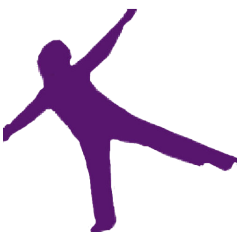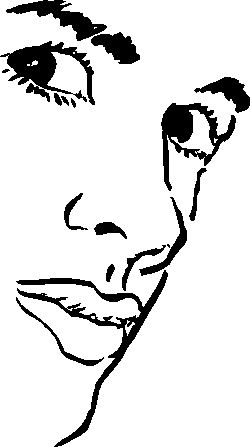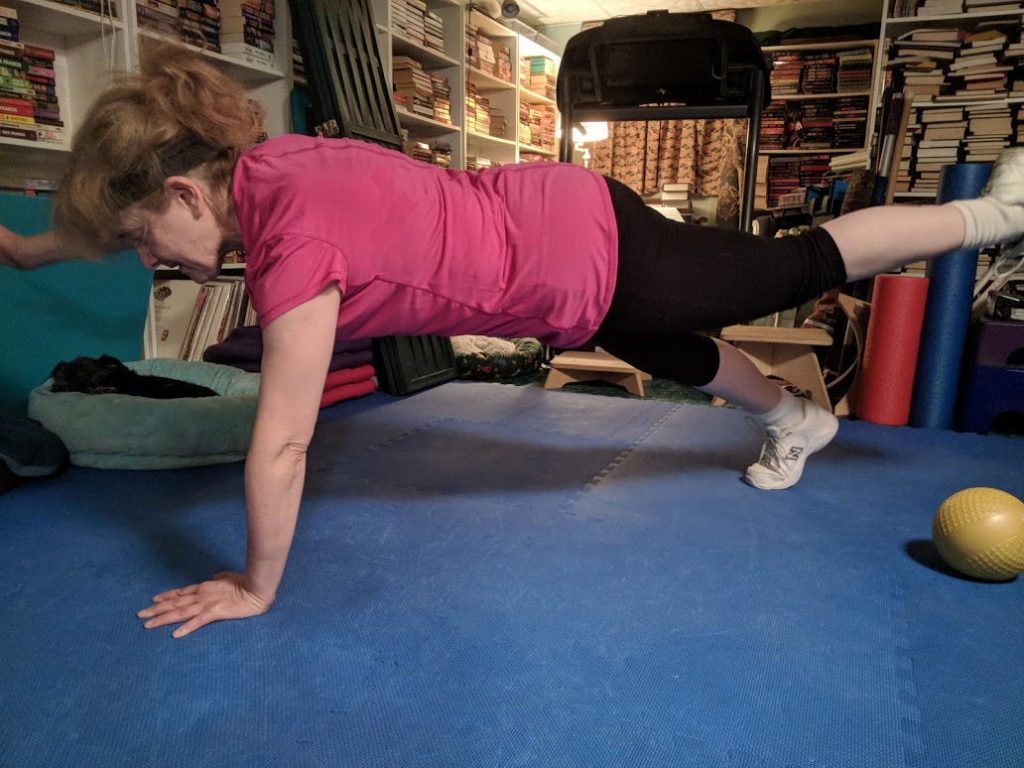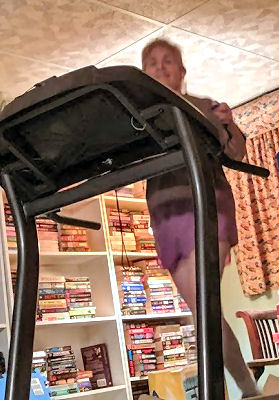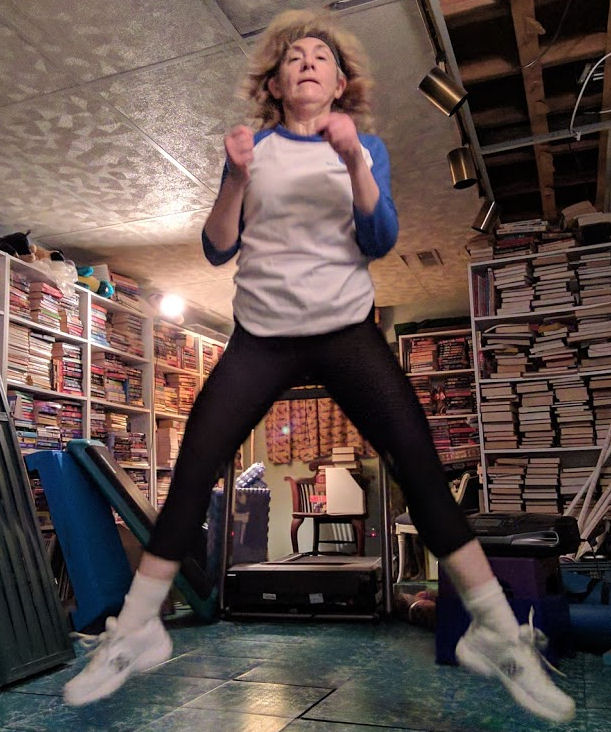Angry with the world?
How is your anger level? Are you easy to anger? When things don’t go right, do you get angry with your partner? The dog? The world? Do you lash out? Say things you don’t mean? Read on for ways to deal with it now.
While it’s frustrating when the outcome you were hoping for doesn’t happen, or when someone does things you take exception to, anger may be harming you more than the thing you were angry about by making you ill. And your anger may cause irreparable rifts in relationships. If you say something to a person you care about in the heat of the moment, you’ll probably regret it later.
How to deal with feelings of anger
Rather than have to apologize later, here are some ways to deal with your feelings of anger now.
- The pause that refreshes. Rather than lash out and say something (or worse, punch something) immediately, take a breath and think. Let someone else take the lead and decompress the situation. Or give the individual who’s fermenting your anger an opportunity to think about his or her statement and realize that it may have been inappropriate.
- Use “I” instead of “you.” If you do address the individual, use statements beginning with “I.” If you start by saying, “I’m upset by your statement,” or “I’m frustrated when …” and give your reasons rationally this may have a much better outcome than if you say, “You’re an idiot for saying something so stupid!” Likewise, avoid absolute words like “never” and “always.” Like, “You never …” or “I always have to …”
- Resolve, don’t instigate. If there’s a problem and you see a solution that will make sense, offer it. Don’t just point out the problem and expect others to resolve it to your satisfaction. Take charge and you may get the result you want.
- Be like Elsa. Let anger and frustration go. You may not forget, but be sure to forgive. Life’s too short to hold onto resentment, anger and frustration. You’ll be happier and more at peace.
- Move. Be sure to exercise. Exercise is definitely the best stress-reliever. It doesn’t matter what form your exercise takes, but be sure you do it. After a good workout, you may be more likely to be calmer and solutions may present themselves.
- Relax. Take time for you. If you’re rushing all the time, your brain can’t settle itself and figure out what it needs. Just a few minutes a day may be all you need to get your positivity back.
Take a breath
So, even if you see something, hear something or think of something that makes you feel your anger rising, just take a few seconds. Just a few. Think about your reaction. Take a breath. If you still feel angry, think about what you’re going to say that won’t escalate the situation and may, in fact, lead to a resolution.
Here’s the opposite of anger: Happiness!
